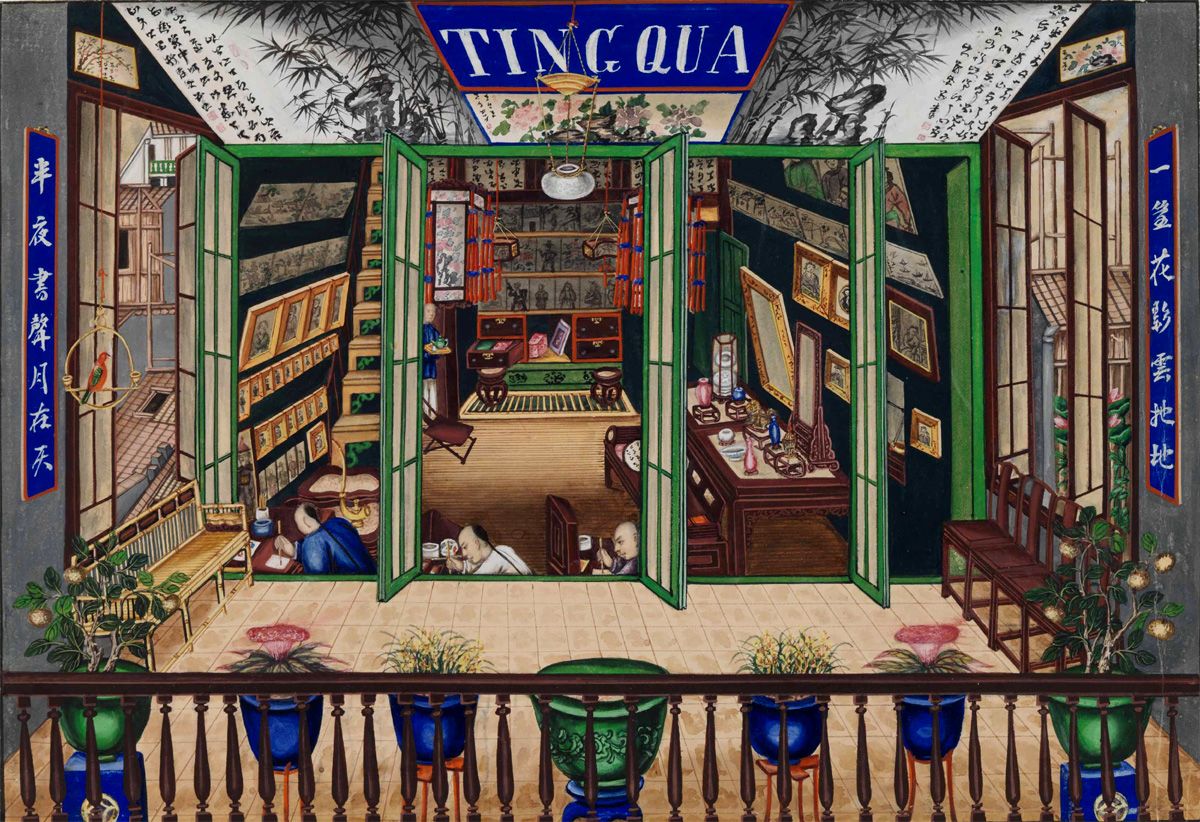Coemergence, Contemporary Criticism & Eastern Praxis Instructor: Una Chung Date & Time: Saturdays March 6, 13, 20, 27 14:00 to 16:30 ET

DESCRIPTION: Art has long sheltered close to power with the attendant fate of being held too tightly, at times, and, at others, of being banished to the periphery. In struggles over the meaning of the word—its heft, reach, and projectile force—warring scholars have nevertheless insisted on the necessary praxis of reading-writing-worlding. In the early 20th century, debates on the problem of literary realism, which often had matters of life and death in the balance, made multiple claims on the revolutionary power of narrative without fully accounting for the source of its affective power. The related problem of reflection in critical thought, which sought to decolonize the episteme of imperial systems of representation by utilizing the praxis of self-reflexivity, left incompletely answered the question of what vitalizes that performative turn to itself.
This Seminar proposes to map an older terrain onto this familiar modern route within critical theory by engendering four new encounters in thought between the contemporary field of criticism and Eastern philosophy (limited here to select instances in Chinese philosophy and Tibetan Buddhism). From the latter, we will draw on concepts related to perception, affect, sign, and vision that open up dimensions of the aesthetic experience as the direct basis for transformation.
Methodologically, our inquiry recognizes from the outset that the ground for comparison is far from stable. In particular, the rhetoric of Eastern instruction, which will feature in some of the primary texts, differs from the language of philosophy and literature and how it may affect our ability to hold (as pure idea) contrasting notions of praxis. The basic curiosity we harbor over the question of how an aesthetic experience changes us will have to be re-articulated repeatedly as we shift our intellectual terrain. In this sense, the course will be conducted in part as itself an experiment in the praxis of aesthetic form. Reading materials will include Shigehisa Kuriyama’s The Expressiveness of the Body and the Divergence of Greek and Chinese Medicine, Francois Jullien’s Detour and Access, Gidi Ifergan’s Longchenpa on Praxis, Its Negation and Liberation, Giorgio Agamben’s The Use of Bodies, and Gilles Deleuze’s Expressionism in Philosophy, as well as selected excerpts from primary philosophical texts. Additionally, in our discussions, we will refer to varied examples from literature, film, and visual arts, as we explore our own critical abilities to think, and to write, through the key concepts of the course.
In a series of four brief encounters, we will try to pinpoint the very instant of creation as such. To this end, we will look into paintings, sculptures, installations, embodiments, and atmospheric phenomena.
IMAGE: Studio of Tingqua, Shop of Tingqua the Painter, circa mid-19th century
To see The New Centre Refund Policy CLICK HERE.
To see The New Centre Refund Policy CLICK HERE.